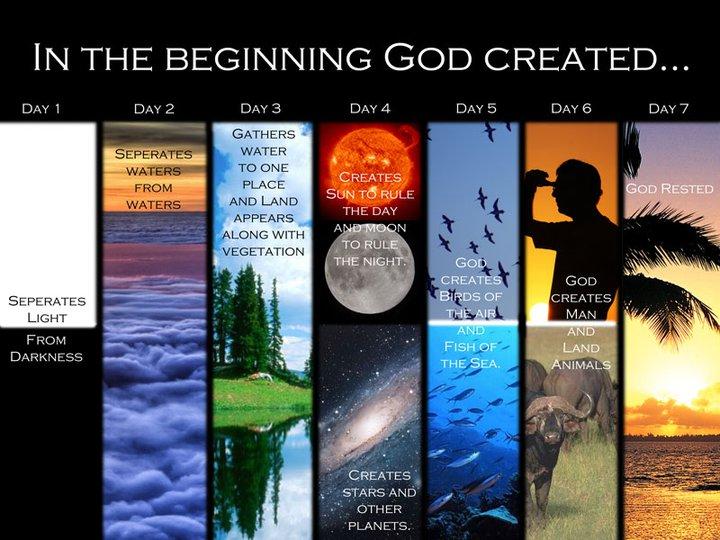Chapter 22: Of Religious Worship and the SABBATH Day
How are we to worship God? What is the Regulative Principle? Is it taught in the Scriptures? What are the elements of worship? What are circumstances? Are we only to sing the Psalms? Can we use musical instruments in public worship?
Is there a specific day of worship? What is the SABBATH? Which day is it? When was it first instituted? How is it that Sunday is the Christian SABBATH? Where does Scripture teach the change of the day? What about Romans 14:5-6; Galatians 4:9-11; Colossians 2:16-17? Don’t these passages teach the abrogation of the SABBATH? How is the SABBATH to be kept?
§1 The Regulative Principle Of Worship
- The light of nature shews that there is a God, who hath lordship and sovereignty over all; is just, good and doth good unto all; and is therefore to be feared, loved, praised, called upon, trusted in, and served, with all the heart and all the soul, and with all the might. 1 But the acceptable way of worshipping the true God, is instituted by himself, and so limited by his own revealed will, that he may not be worshipped according to the imagination and devices of men, nor the suggestions of Satan, under any visible representations, or any other way not prescribed in the Holy Scriptures. 2
- Jer. 10:7; Mark 12:33[1]
- Gen. 4:1-5; Exod. 20:4-6; Matt. 15:3, 8-9; 2 Kings 16:10-18; Lev. 10:1-3; Deut. 17:3; 4:2; 12:29-32; Josh. 1:7; 23:6-8; Matt. 15:13; Col. 2:20-23; 2 Tim. 3:15-17
The light of nature or natural revelation as we call it shows that there is a God, Who hath lordship and sovereignty over all (Rom. 1:19-23). That there is a God, no one will be able to deny when they stand before God. Both creation and the Creator testify to God. This is basic Romans 1. Furthermore, this God is just, good and doth good unto all (Ps. 145:9) as evidenced by the things which we have and receive. Therefore, He is to be worshiped and served with the whole of our being. Yet He is not to be worshiped as we like. But the acceptable way of worshipping the true God, is instituted by Himself (Ex. 20:4-6; Deut. 4:2; 12:29-32). It is God Who determines how He is to be worshiped. This acceptable way is limited by His revealed will, i.e., Holy Scripture. The unacceptable way of worshipping God as according to the imagination and devices of men (Acts 17:29; Col. 2:23), the suggestions of Satan, visible representations (Ex. 20:4-6) and any other way not prescribed in the Holy Scriptures (Lev. 10:1-3) is abominable to God and He is not pleased with it. God is not to be worshiped as we think He would like to be worship. Why should we think of ways of worshipping Him when He has revealed how He desires to be worshiped? Neither is He to be worshiped through or by any visible representations. This excludes all images and statues of the persons of the Godhead as well as the saints who according to Roman Catholic theology can act as intercessors between us and God/Jesus. The most important aspect of what is called the Regulative Principle of Worship is expressed in the last clause: any other way not prescribed in the Holy Scriptures. Not only is He to be worshiped according to His revealed will, but He is not to be worshiped through that which He has not revealed. If it is not prescribed in the Holy Scriptures, it should not be an element of His worship. If it is prescribed in the Holy Scriptures, it should.
There Is A God
Creation testifies to everyone w...











